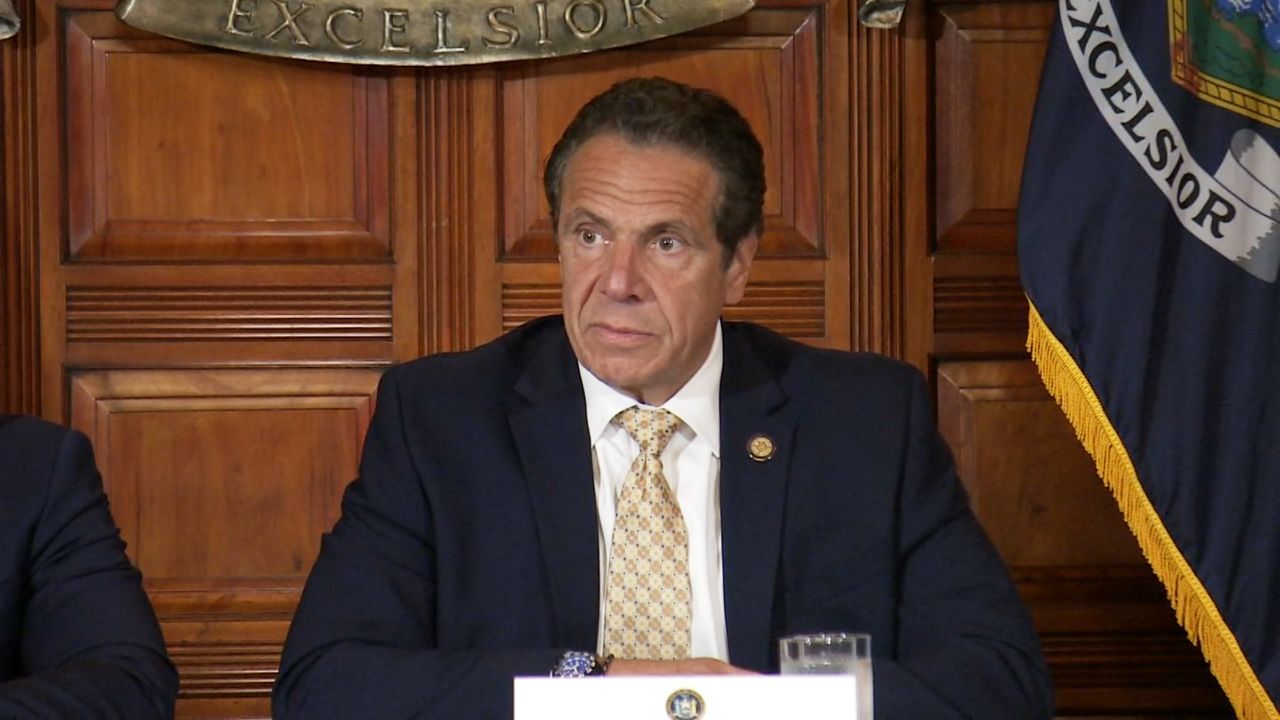Although he's not up for re-election until 2022, Governor Andrew Cuomo is continuing to rake in big money after spending more than $25 million last year to defeat progressive challenger Cynthia Nixon in a primary and Republican Marc Molinaro in the general election.
Over the last six months, Cuomo raised $4.5 million, leaving him with $8.4 million in the bank.
Assembly Democrats didn't do quite as well as Cuomo during the filing period, but they did manage to set a record. The Democratic majority raised nearly $1.6 million from January to July. That's the most ever for any non-election year. And they currently have a record balance in the bank, with more than $2 million.
"The amount of moeny we raised, we are happy and proud of that. But, I just think that the job that Assembly members have done over the years, their long careers, I think that the Assembly members are well positioned to win their re-elections overwhelmingly," said Assembly Speaker Carl Heastie.
Senate Democrats also fared well their first year in power, taking in $2.3 million in campaign contributions with $2 million now in the bank. By contrast, the once powerful Senate Republicans raised just $176,000 this period, and currently have $250,000 in the bank.
But a big change could be on the horizon in Albany. A commission will now come up with a plan to implement a public matching system for campaign donations, much like there is in the city. But the earliest that system could be up and running would likely be 2022.
"You know, it's really up to the commission. But I don't know if the commission could get together and get a system up and running that could afect the 2020 elections," Heastie said. "It's a statewide system, You have to train staff, you have to train elected officials."
The commission is expected to report back in December with what publicly financed elections should look like. If the legislature takes no action, it will automatically become law.
A couple of other noteworthy developments: Assembly Democrats broke fundraising records without taking any real estate money. And this was the first time contributions from limited liability companies, or LLCs, were capped. Previously, corporations were allowed to make virtually unlimited contributions to candidates through the use of LLCs.




